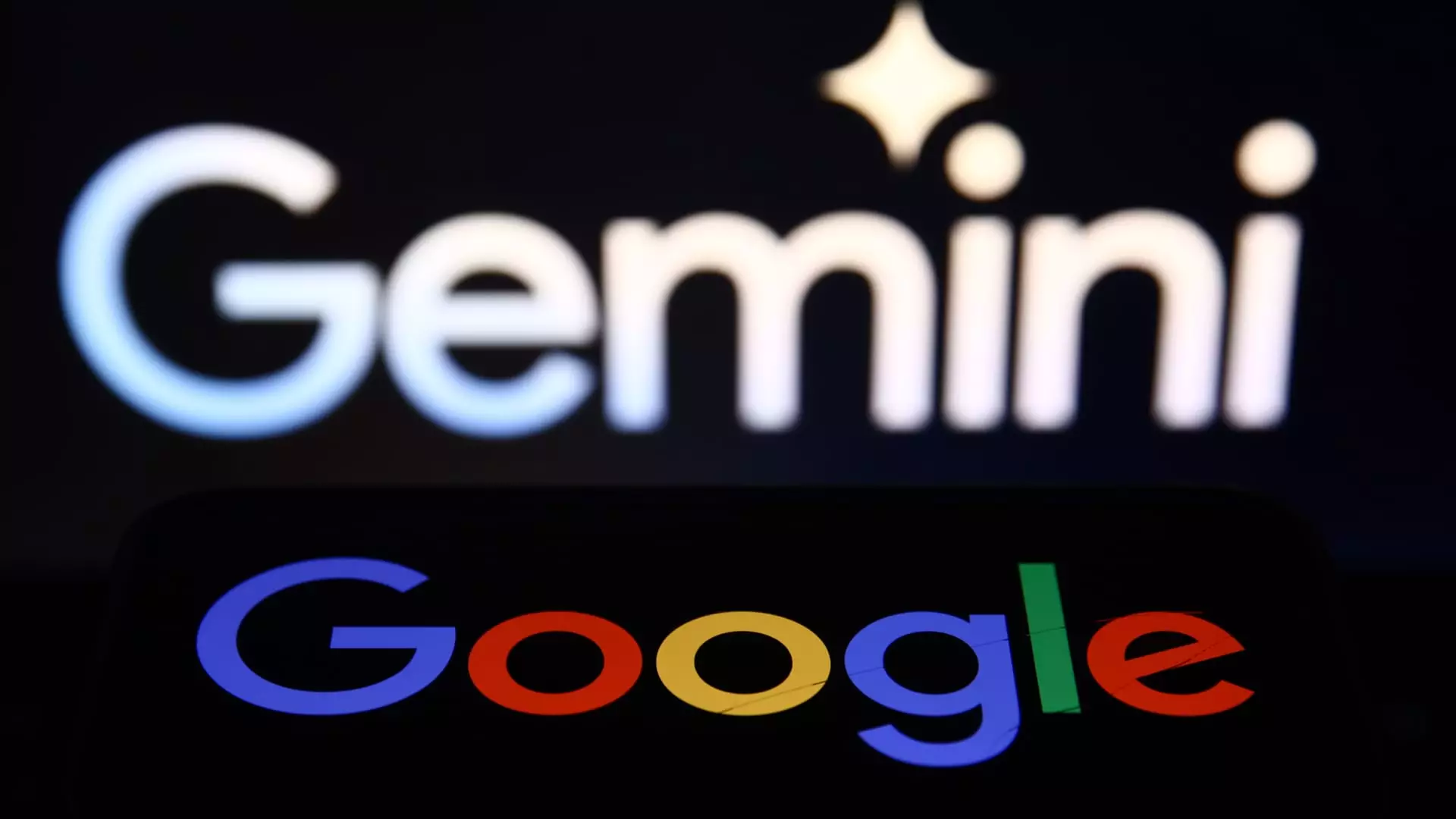Google recently unveiled its plans to rebrand its AI chatbot and assistant, Bard, as Gemini. The company also introduced a new app and subscription options for users. This major rebranding indicates Google’s strong commitment to investing in AI assistants and agents, highlighting a growing trend among tech giants to develop AI tools that enhance productivity.
To make Gemini more accessible to users, Google has launched a dedicated Android app for Gemini, allowing Android users to easily access the AI assistant. In addition, iPhone users can now utilize Gemini within the Google app on iOS. These new methods of access demonstrate Google’s dedication to expanding the reach of AI technology to a wider audience.
Google has also introduced a new AI subscription option, Gemini Ultra 1.0, for power users who want to access Google’s most powerful AI model. Priced at $19.99 per month through Google One, the subscription includes existing storage plans for Google One subscribers. There is also a two-month free trial available for users to test the capabilities of Gemini. These subscription options aim to provide users with enhanced AI capabilities for a more personalized experience.
Sissie Hsiao, a vice president at Google and general manager for Google Assistant and Bard, expressed Google’s vision to create a genuine AI assistant with the introduction of Gemini. This rebranding effort is perceived as a fundamental step in building a true AI assistant that can effectively complete various tasks on behalf of the user, even within Google Search. Hsiao acknowledges that there are many challenges ahead, but Google is committed to advancing AI technology and fulfilling its goal.
While the Gemini features are currently only available in English, Google has plans to expand language offerings to include Japanese and Korean in the near future, as well as other languages. This expansion aims to make Gemini accessible to a more diverse user base, catering to users from different parts of the world.
The rebranding of Bard also affects Duet AI, the former name for the packaged AI agents within Google Workspace and Google Cloud. These AI tools, designed to improve productivity and perform simple tasks for client companies, will now be known as Gemini for Workspace and Gemini for Google Cloud. Google One subscribers who opt for the AI subscription will also gain access to Gemini’s assistant capabilities in Gmail, Docs, Sheets, Slides, and Meet. Moreover, Google plans to leverage user content in Gmail, Docs, and Drive to enhance Gemini’s contextual understanding. This will enable Gemini to provide more relevant suggestions and responses based on the user’s previous messages and related files.
One of the main reasons behind the rebranding from Bard to Gemini is to help users understand that they are interacting directly with Google’s cutting-edge AI models. Google wants users to recognize that Gemini is the name of these advanced models and represents the state-of-the-art technology powering the chatbot and assistant. By emphasizing this connection, Google aims to create a more seamless and intuitive user experience.
Looking ahead, Google has ambitious plans for Gemini and other AI agents. The company envisions AI assistants that can facilitate group activities, such as scheduling hangouts by scanning calendars for conflicts, booking travel and activities, and even performing specific job functions like outbound sales. However, for now, the tools are primarily focused on tasks such as summarizing information, generating to-do lists, and assisting with coding. Google intends to leverage generative AI, particularly with its most advanced models and Bard, to further enhance the capabilities of Gemini, Google Assistant, and Search.
Google’s introduction of Gemini represents a significant milestone in its pursuit of building a true AI assistant. With its rebranding efforts, improved access options, and enhanced AI capabilities, Google aims to deliver a more intuitive and powerful AI experience to users worldwide. As technology continues to advance, we can expect further developments and innovations in the field of AI assistants and their integration into our daily lives.


Leave a Reply